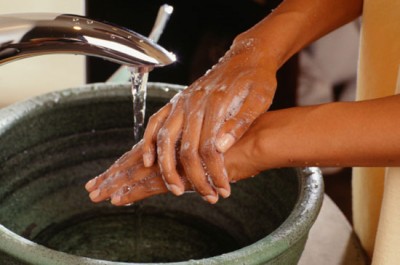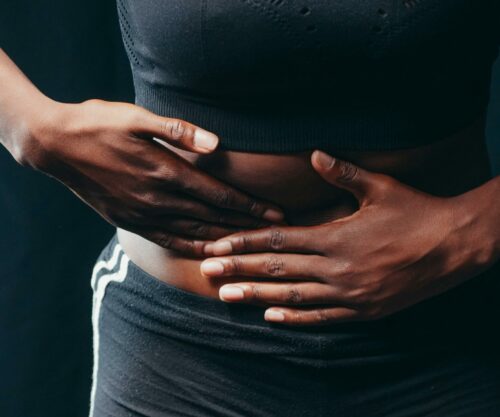
6.6 million children under the age of five die every year from infections such as pneumonia and diarrhoea. Washing your hands correctly can help reduce the spread of germs and contraction of diseases.

5 reasons to wash your hands
Germs
Germs can survive for hours on anything you touch. Bacteria and viruses can live on the surface of tables for two hours or longer.
Saves lives
Hand washing is important because it interrupts the transmission of diseases.
Family
By keeping your hands clean, you help reduce the chances of your family getting sick.
Sneezing
Every time you sneeze thousands of bacteria-filled droplets fill the space.
Colds
Millions of cases of diarrhoea can be prevented by habitual washing of hands.
When should you wash your hands?
- Before preparing any meals for yourself or anyone else, as well as after.
- Before eating anything.
- When caring for someone who is sick, wash your hands before and after.
- Cleaning your hands is essential before treating a cut or wound.
- Every time after using the toilet.
- Washing your hands after coughing, sneezing or blowing your nose is important.
- It’s important to wash your hands after touching the rubbish.
Lifebuoy and the Royal Society for Public Health (RSPH) will be working together to improve hand hygiene education. With this partnership, Lifebuoy hopes to further encourage families to trust in the simple act of handwashing to save lives.




